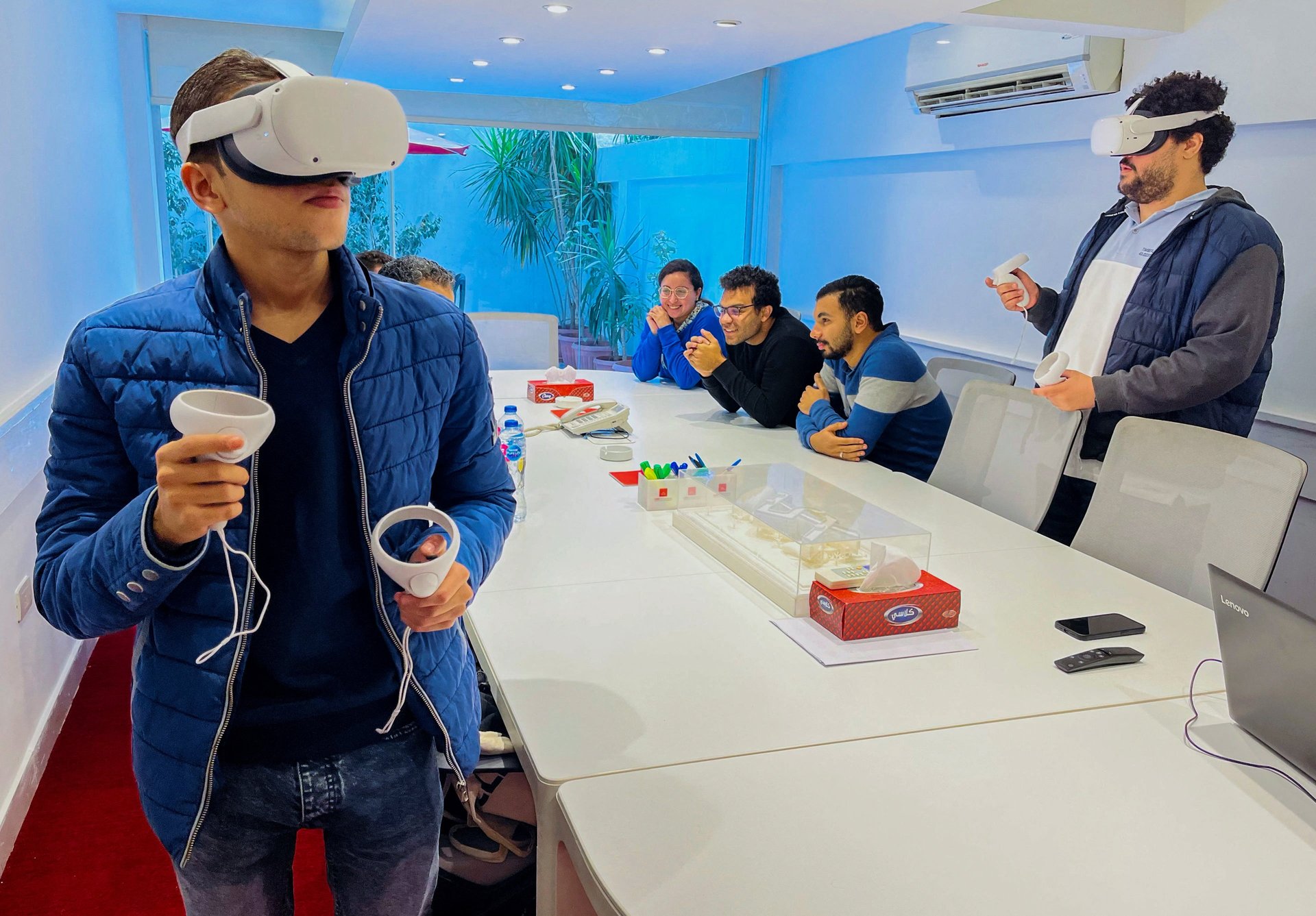Meta, Microsoft, and Disney are reversing their bets on the metaverse
Companies that initially rooted for the metaverse no longer believe in its future

Less than two years after it announced itself with pomp and glitz, could the metaverse be headed for a gradual but certain death?
When it emerged on the global scene back in October 2021, the metaverse was held up as the next big thing in technology with Mark Zuckerberg even rebranding Facebook as Meta.
The Web3-powered idea sold itself on the premise of being an online 3D universe that integrates a number of different virtual spaces and allows its users to interact, trade, work, meet, game, and even socialize.
The concept itself was introduced by Neal Stephenson’s book Snow Crash published in 1992, but Zuckerberg brought it into popular play through the more than two billion Facebook, Instagram, and WhatsApp users.
Soon, Microsoft, NVidia, Google, Disney, Unity Technology, Roblox Corporation, Amazon, Animoca Brands, Epic Games, Decentraland, and even Binance made a beeline for a piece of this novel technology.
But the technology is failing at ubiquity, largely because of its inhibitive cost, especially to users in developing economies. Tech enthusiast have argued that the concept has never been broken down to a simple meaning for mass adoption.
“The metaverse hype is over. But the real challenge has been the cost of the metaverse. It is not inclusive, the software and gadgets are too expensive,” Nairobi-based emerging tech expert Egline Samoei told Quartz. “People are still googling the meaning of the metaverse. Again, it only appeals to gaming, art, and fashion. It does not meet the needs of many people,” said the founder of Brand Moran.
Now, the metaverse’s firepower is steadily dying out and companies that had earlier made big plans for it are jumping ship as generative artificial intelligence gains global momentum.
Meta has shifted focus
Zuckerberg, who has pumped $36 billion into the metaverse despite the reservations of his partners, is letting go of the technology. He said his company will now focus on cutting costs and streamlining projects in his “year of efficiency.”
Meta’s value has taken one nosedive after another since he invested in it and the losses keep piling up. The company has cut at least 11,000 jobs to keep its metaverse project afloat, but that hasn’t helped. It now plans to cut 10,000 more jobs.
Amid the slow growth in its popularity, several tech gurus who spearheaded Meta’s seeming success in the metaverse project also have abandoned it. While exiting the company, John Carmack, who led the development of VR headsets at Meta, said the project was operating at “half the effectiveness” needed.
Zuckerberg losing interest may now have serious ramifications if he decides to step down.
Disney no longer believes in the metaverse
Disney has said it will discontinue its metaverse division. It plans to lay off up to 7,000 employees in the next two months, hoping this will improve profitability.
When it invested in the metaverse, Disney looked to interactively tell its stories through the technology and incorporate augmented reality in its theme parks. But indications are that this won’t happen.
Microsoft, which had also bet big, is closing its metaverse plans and is, instead, focusing on generative AI with the incorporation of GPT into its Bing platform.
A lifeline for the metaverse
Some remain hopeful, though. The current hiccups aside, they say, the technology is here for the long run.
For that, however, the world must stop seeing the concept through a fancy lens, according to blockchain expert and founder of ChainAdvise Benjamin Arunda.
“There are real use cases in the use of VR and AR in education, medicine, space, and research. Taking students, for instance, through a journey in space or undersea is difficult and expensive if done physically,” Arunda said.
Moreover, for it to be adopted en masse, some of the metaverse’s aspects must also change, he said.
“It has a long way to go. The gadgets are too bulky. They should be as light as spectacles and as affordable and available as smartphones. They should also come with safety measures for the eyes and ears.”
